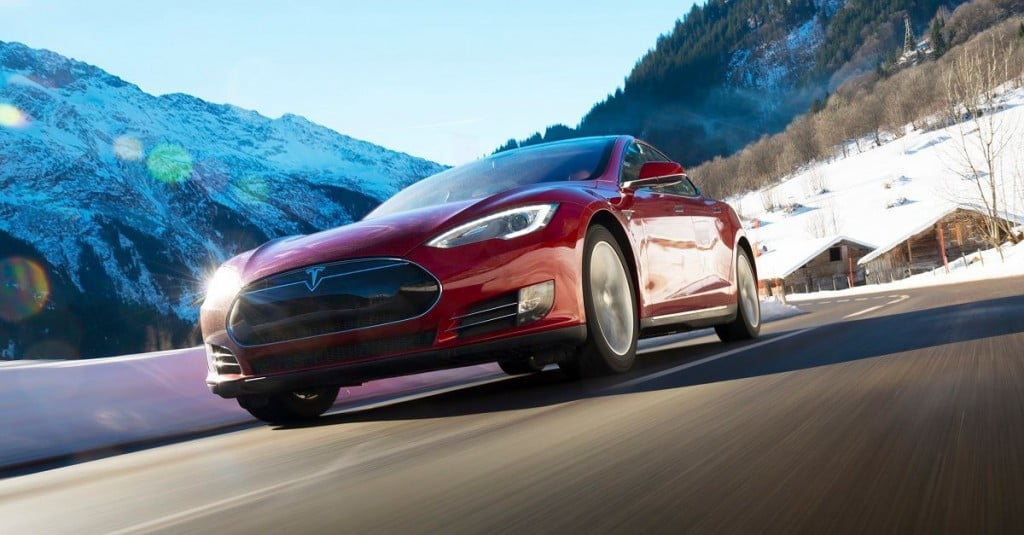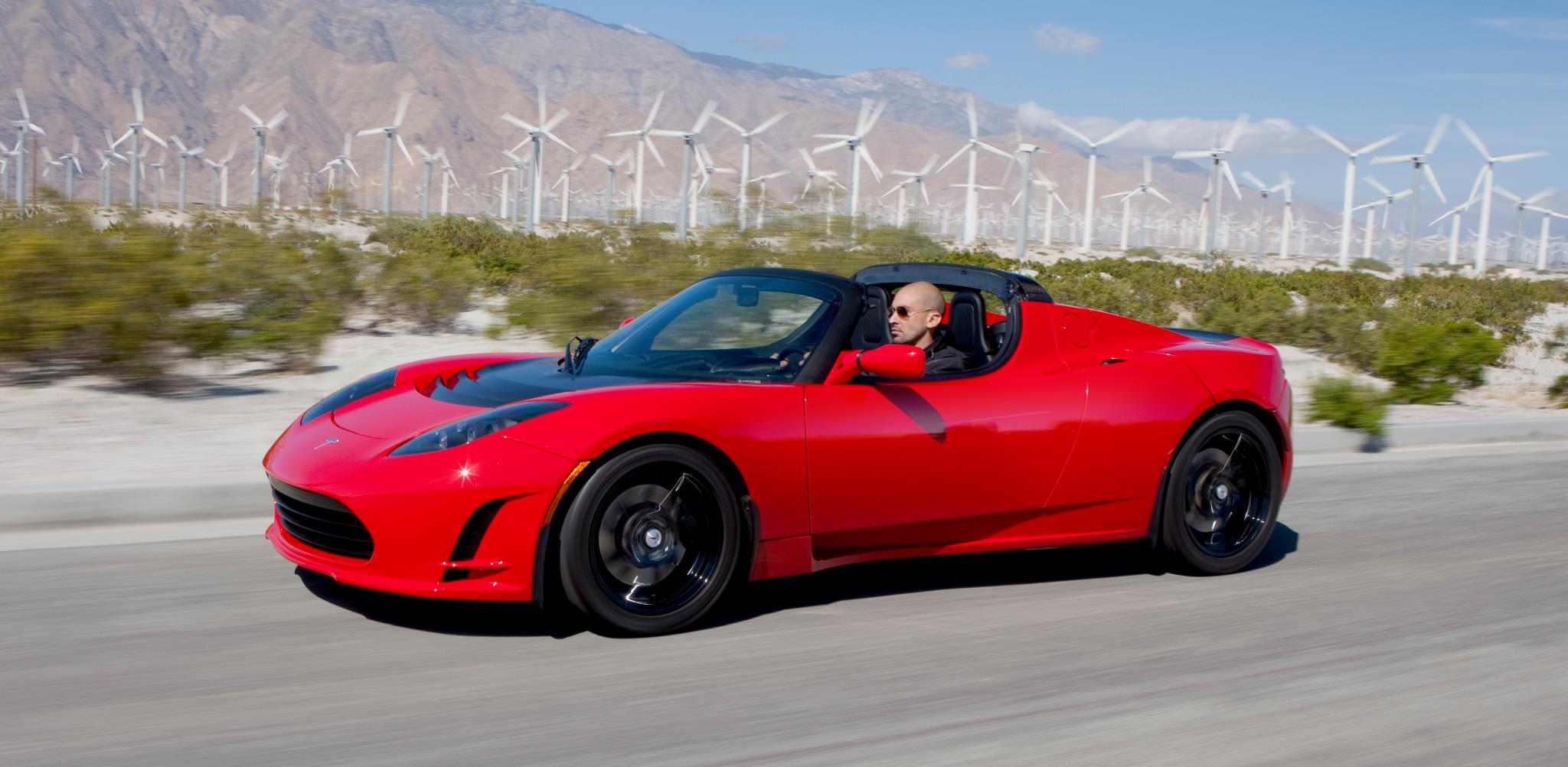Ever secretly dreamed of owning a car like Kitt, David Hasselhoff’s awesome sidekick on wheels from the cult 80s TV series Knight Rider? Well, Premium electric car manufacturer Tesla is planning to put the first set of driverless cars on the road a mere decade from now, reportedly in collaboration with Israel’s collision avoidance technology Mobileye.
Related articles
- Report: Mobileye To Hold Biggest-Ever Israeli IPO On NASDAQ
- Unmanned Flying Vehicle May Become Ambulance Of The Future
Tesla Motors, founded in 2003 by South African-born Canadian-American business magnate Elon Musk, designs, manufactures and sells electric cars and vehicle components. Musk’s other ventures include the universal payment system PayPal and space transport company SpaceX.
No driver – lower costs
Mobileye’s safety system would be based on five cameras – two in the front, one in the back and one on either side of the car, all of which are synchronized with the car’s navigation system. These features will allow for the car to keep a distance from other vehicles, cross intersections not moderated by traffic lights, stay in the center of a lane, change lanes in city traffic and identify traffic lights. So far, Mobileye has tested its technology on cars manufactured by Opel, Audi, Toyota and Nissan.
Now you’re probably thinking “this is awesome, but driverless cars will likely have exorbitant prices for decades to come.” But Mobileye co-founder and CEO Ziv Aviram says the technology is actually not that complex: “It’s a camera and a chip, with no exotic technology. It’s the most cost-efficient system that’s out there.”
Although Mobileye’s current system doesn’t offer quite as many options as that of Google’s autonomous car (the software powering Google’s cars is called Google Chauffeur), its simplicity makes it far more adaptable to mass-production and commercialization. The sophistication of Google’s system may lead it to be quite costly for standard manufacturers, whereas fitting a car with Mobileye’s system would only cost a few hundred dollars, according to the Financial Times.
“We should be able to do 90 percent of miles driven within three years,” said Musk in the same interview with the Financial Times. Musk did not reveal further details of Tesla’s project, but said it was “internal development” rather than technology being supplied by another company.
Sign up for our free weekly newsletter
SubscribeSafety first
Ultimately, in a best-case scenario, autonomous driving technologies have the potential to “deliver improved safety and comfort for the driver and passengers, while reducing the vehicle’s impact on the environment around it and reducing the cost to the driver,” according to Fast Company.
Although the car is not yet out on the road, it has already given hope to improve access to driving for the visually impaired. So far, three states in the United States have changed their laws to allow test-driving of automatic cars, although with a driver at the wheel.
A rumored IPO at a company value of $2.5 billion
Mobileye was established in 1999 and specializes in analyzing and processing pictures from video cameras. Its system can identify the proximity of other vehicles, as well as other possible collision triggers, such as pedestrians and various objects. The system can also sense unplanned passing from lane to lane.
According to financial news website Calcalist, Mobileye intends to hold an IPO at a company valuation of $2.5-3 billion, in which case Mobileye would offer up the largest IPO ever made by and Israeli company on the NASDAQ stock exchange.
Mobileye has not yet commented on this project.
Related posts

Editors’ & Readers’ Choice: 10 Favorite NoCamels Articles

Forward Facing: What Does The Future Hold For Israeli High-Tech?

Impact Innovation: Israeli Startups That Could Shape Our Future





Facebook comments